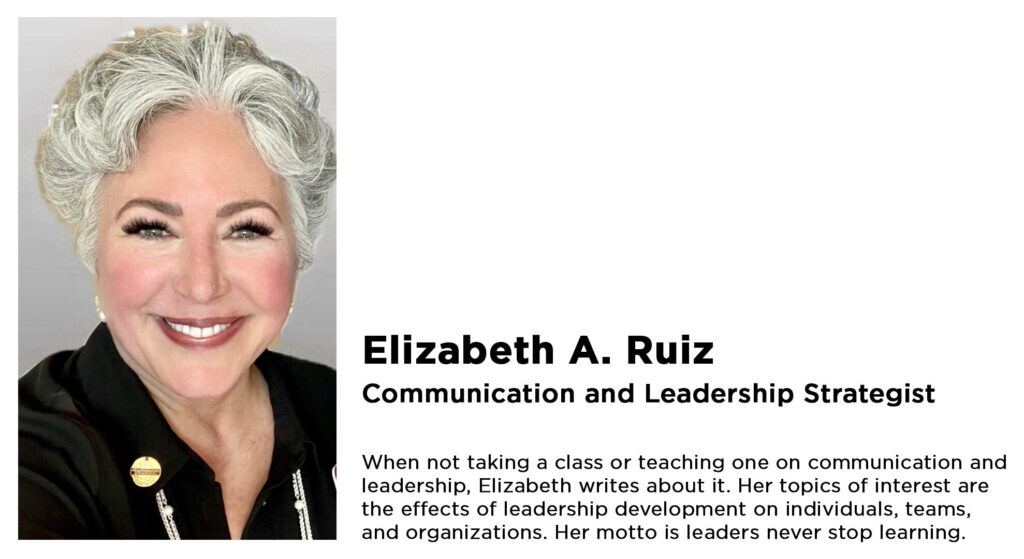Mastering Emotional Intelligence: Your Secret Weapon in Job Interviews
In today’s competitive job market, having the right qualifications and experience is essential, but it’s not the only factor that can land you your dream job. Employers increasingly value candidates with vital emotional intelligence (EI) during the interview process. Emotional intelligence refers to the ability to recognize, understand, manage, and effectively use emotions, both your own and those of others. In this blog post, we will explore the importance of emotional intelligence when interviewing for a job and provide practical tips to help you showcase your EI during the interview.
1. Self-awareness
Self-awareness is the foundation of emotional intelligence. Before effectively engaging with others, you must understand your emotions and how they influence your behavior. During an interview, self-awareness can help you remain calm under pressure, respond authentically, and avoid reacting impulsively to complex questions.
**Tip:** Before the interview, take some time for self-reflection. Identify your strengths and weaknesses, your values, and your emotional triggers. This self-awareness will enable you to manage your emotions during the interview better.
2. Empathy
Empathy is the ability to understand and share the feelings of others. In an interview, demonstrating empathy can help you build rapport with the interviewer and show that you’re attuned to their needs and concerns. This can make you a more appealing candidate.
**Tip:** Pay close attention to the interviewer’s body language and verbal cues. Listen actively and respond thoughtfully to their questions, showing you understand their perspective.
3. Effective Communication
Clear and concise communication is a hallmark of emotional intelligence. Effective communication involves what you say and how you say it. Articulating your thoughts and ideas while being mindful of your tone and body language is crucial in interviews.
**Tip:** Practice your communication skills beforehand. Record yourself answering common interview questions to identify areas for improvement in your tone, facial expressions, and language.
4. Conflict Resolution
Conflict can arise during interviews, whether it’s a challenging question or a difference of opinion. Emotional intelligence equips you to handle these situations gracefully and professionally. Demonstrating your capacity to resolve conflicts can set you apart from other candidates.
**Tip:** Prepare for potentially challenging questions or scenarios and plan to respond calmly and constructively. Use “I” statements to express your thoughts and feelings without blaming or accusing.
5. Adaptability
Adapting to changing situations and navigating uncertainty is highly valued in today’s job market. Employers want candidates who can handle ambiguity and remain flexible in facing challenges. Emotional intelligence can help you showcase your adaptability during interviews.
**Tip:** Share examples from your experiences where you successfully adapted to new circumstances or overcame unexpected challenges. Highlight how your emotional intelligence played a role in your adaptability.
Conclusion
In the competitive world of job interviews, emotional intelligence can be your secret weapon. It helps you connect with interviewers personally and demonstrates your ability to thrive in diverse work environments. By practicing self-awareness, empathy, effective communication, conflict resolution, and adaptability, you can showcase your emotional intelligence and increase your chances of landing your dream job. Remember, not just what you say but how you say it can make all the difference.
Connect with Elizabeth on LinkedIn or her website, sldpro.com.

